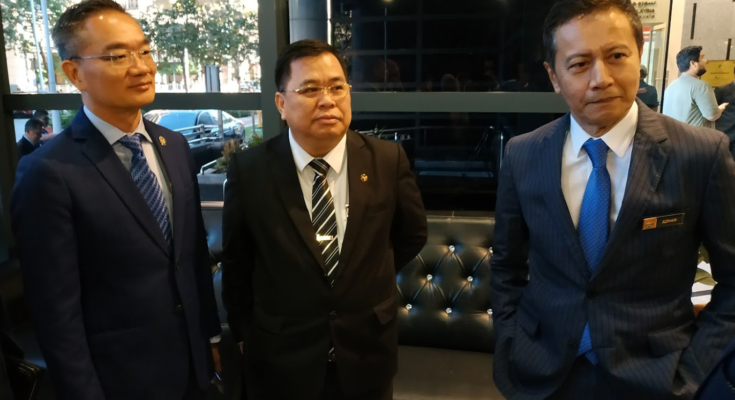It is now confirmed that the Chairperson of the Election Commission (EC), Azhar Harun, has resigned.
His decision to resign is indeed disappointing. The EC has enjoyed greater public confidence under his leadership, together with the other EC members.
The EC has been reforming the electoral system progressively. Among others, the voting age has been lowered to 18 years old, and the automatic registration system is scheduled to be implemented next year.
The EC has also improved the accessibility of polling stations for the disabled and elderly. The voting process has been made more transparent by appointing more credible observers and providing “live feed” during elections.
The electoral roll has been cleaned up. Between 2017 and August 2019, the EC has removed 348,098 names of deceased voters from the electoral roll.
Datuk Azhar’s resignation has now cast doubt over the prospect of further electoral reform. Nevertheless, I call upon the remaining EC members to remain steadfast and complete the reforms they have started.
Further, I am unsure if the current government is committed to seeing through the electoral reform process.
The most immediate question is on the status of the Electoral Reform Committee (ERC). The ERC was set up by the Pakatan Harapan (PH) government to review and make relevant recommendations for electoral reforms.
The ERC’s interim report has been submitted to the Prime Minister in January 2020, and the full report is supposed to be due in August 2020.
The Prime Minister must make the ERC report public if they are committed to electoral reform.
In parliament, a Special Select Committee on Elections, of which I am a member, was set up in October 2019. Yet, the status of the committee remains uncertain as the new government has not indicated their commitment to retain the Special Select Committees in parliament.
I call upon all stakeholders, including the government, EC, political parties, and civil society, to continue on with the electoral reform process.
Electoral reform should be a bipartisan issue championed by all Malaysians, as elections are at the heart of our democracy.
Khoo Poay Tiong
MP Kota Melaka






